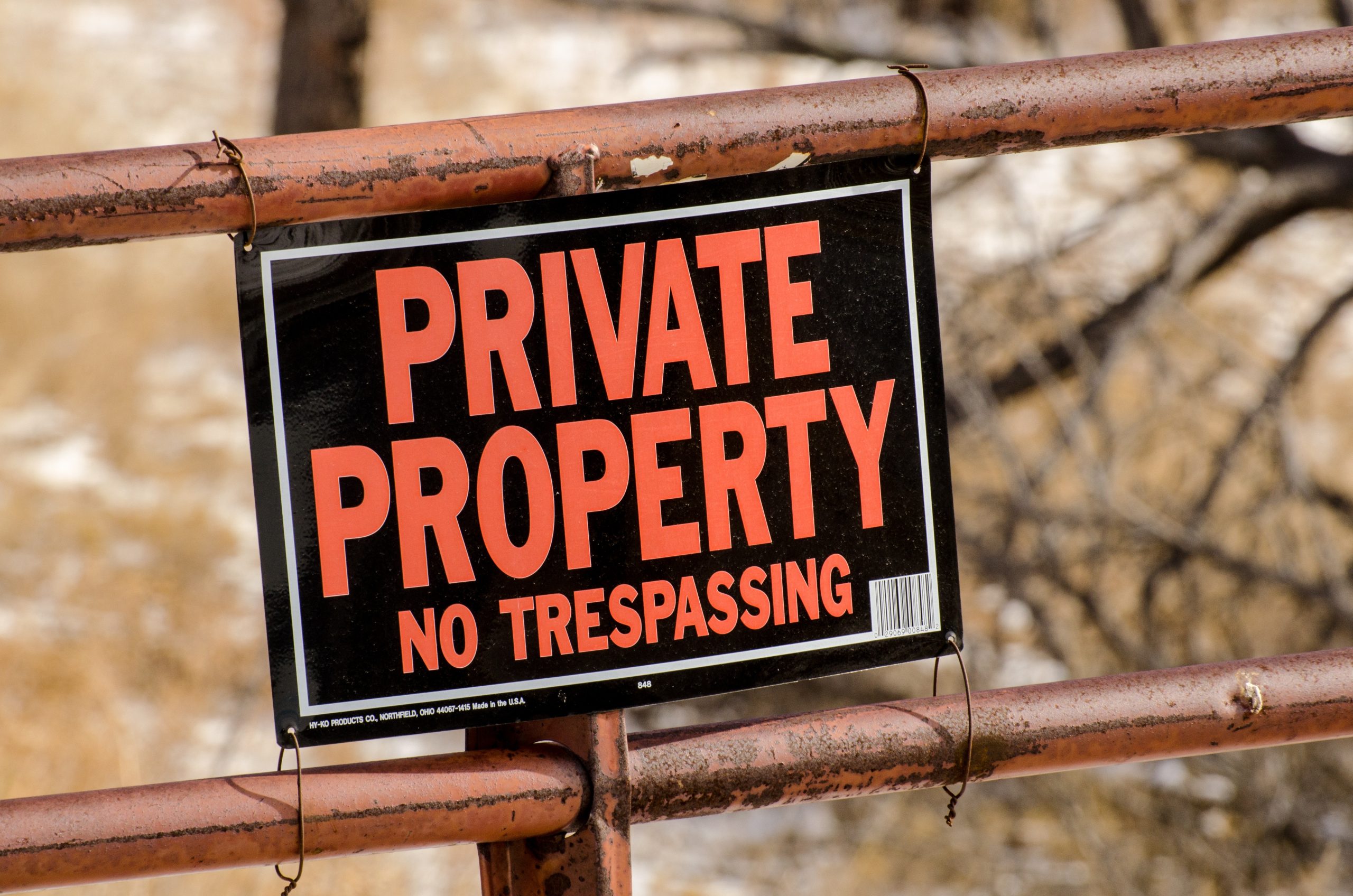 Buckle up your seatbelts and get ready for a wild ride through the twists and turns of Bosley’s Driving School saga! Meet Mr. Bosley, the daring entrepreneur behind this driving school extravaganza, with locations in the charming towns of Donaldsonville and Gonzales, Louisiana. Now, picture this: Mr. Bosley is on a mission to teach the art of driving, but not just any driving – he dreams of offering the elusive 38-hour driver’s education course. But, oh, the drama unfolds when his dreams clash with the stern rules and regulations of the Louisiana driver’s education system. Despite a denial that would make even the bravest soul reconsider, Mr. Bosley and his team continued their quest, issuing certificates left and right. Little did they know, the authorities were hot on their tail, leading to a showdown of epic proportions. Fast forward to courtroom battles, administrative hearings, and a rollercoaster of legal twists that could rival any Hollywood blockbuster. Will Mr. Bosley’s driving school dreams come crashing to a halt, or will he find a way to steer his way out of this legal maze? Strap in and find out!
Buckle up your seatbelts and get ready for a wild ride through the twists and turns of Bosley’s Driving School saga! Meet Mr. Bosley, the daring entrepreneur behind this driving school extravaganza, with locations in the charming towns of Donaldsonville and Gonzales, Louisiana. Now, picture this: Mr. Bosley is on a mission to teach the art of driving, but not just any driving – he dreams of offering the elusive 38-hour driver’s education course. But, oh, the drama unfolds when his dreams clash with the stern rules and regulations of the Louisiana driver’s education system. Despite a denial that would make even the bravest soul reconsider, Mr. Bosley and his team continued their quest, issuing certificates left and right. Little did they know, the authorities were hot on their tail, leading to a showdown of epic proportions. Fast forward to courtroom battles, administrative hearings, and a rollercoaster of legal twists that could rival any Hollywood blockbuster. Will Mr. Bosley’s driving school dreams come crashing to a halt, or will he find a way to steer his way out of this legal maze? Strap in and find out!
Mr. Bosley owns and runs Bosley’s Driving School for drivers’ education classes. The driving school has two locations—one in Donaldsonville and the other in Gonzales, Louisiana. The Donaldsonville location was licensed to teach 6 hours of classroom instruction, while the Gonzales location was licensed to teach the full 14-hour driver’s education course. Neither location was licensed to teach the 38-hour course. Louisiana offers two types of driver’s education courses: (1) A 14-hour course for individuals over eighteen, which requires 6 hours of classroom instruction and 8 hours of behind-the-wheel driving, and (2) a 38-hour course for individuals under eighteen, which requires 30 hours of classroom instruction and 8 hours of behind -the -wheel driving. La. R.S. 32:402. 1.
In October 2012, Bosley applied for permission to instruct the 38-hour driver’s ed course. On December 10, 2012, Bosley was notified via email that their application was denied because they needed to meet the curriculum requirements. Regardless of this denial, Bosley continued to issue certificates of completion of the 38-hour course to several students. When the State learned of this, they sent Bosley an order to cease further operations as a driving school and third-party tester in Louisiana. On March 27, 2014, the State notified Bosley that because he was providing students with the 38-hour driver’s education course despite needing to be licensed, his licenses to teach the 6-hour and the 14-hour courses were rescinded. Bosley filed an appeal and requested a hearing.
 This case focuses on the procedural aspects of a personal injury lawsuit, highlighting the importance of deadlines and the consequences of missing them.
This case focuses on the procedural aspects of a personal injury lawsuit, highlighting the importance of deadlines and the consequences of missing them. Insurance Dispute Lawyer Blog
Insurance Dispute Lawyer Blog


 The
The  The
The  The Louisiana Court of Appeal recently reversed a decision of the Civil Service Commission (CSC) that upheld the termination of a public employee for gambling while off-duty. The case involving Carnell Collier, a Quality Assurance and Safety Inspector for the Sewerage and Water Board of New Orleans (
The Louisiana Court of Appeal recently reversed a decision of the Civil Service Commission (CSC) that upheld the termination of a public employee for gambling while off-duty. The case involving Carnell Collier, a Quality Assurance and Safety Inspector for the Sewerage and Water Board of New Orleans ( Leotis Johnson, an employee of the
Leotis Johnson, an employee of the Buckle up your seatbelts and get ready for a wild ride through the twists and turns of Bosley’s Driving School saga! Meet Mr. Bosley, the daring entrepreneur behind this driving school extravaganza, with locations in the charming towns of Donaldsonville and Gonzales, Louisiana. Now, picture this: Mr. Bosley is on a mission to teach the art of driving, but not just any driving – he dreams of offering the elusive 38-hour driver’s education course. But, oh, the drama unfolds when his dreams clash with the stern rules and regulations of the Louisiana driver’s education system. Despite a denial that would make even the bravest soul reconsider, Mr. Bosley and his team continued their quest, issuing certificates left and right. Little did they know, the authorities were hot on their tail, leading to a showdown of epic proportions. Fast forward to courtroom battles, administrative hearings, and a rollercoaster of legal twists that could rival any Hollywood blockbuster. Will Mr. Bosley’s driving school dreams come crashing to a halt, or will he find a way to steer his way out of this legal maze? Strap in and find out!
Buckle up your seatbelts and get ready for a wild ride through the twists and turns of Bosley’s Driving School saga! Meet Mr. Bosley, the daring entrepreneur behind this driving school extravaganza, with locations in the charming towns of Donaldsonville and Gonzales, Louisiana. Now, picture this: Mr. Bosley is on a mission to teach the art of driving, but not just any driving – he dreams of offering the elusive 38-hour driver’s education course. But, oh, the drama unfolds when his dreams clash with the stern rules and regulations of the Louisiana driver’s education system. Despite a denial that would make even the bravest soul reconsider, Mr. Bosley and his team continued their quest, issuing certificates left and right. Little did they know, the authorities were hot on their tail, leading to a showdown of epic proportions. Fast forward to courtroom battles, administrative hearings, and a rollercoaster of legal twists that could rival any Hollywood blockbuster. Will Mr. Bosley’s driving school dreams come crashing to a halt, or will he find a way to steer his way out of this legal maze? Strap in and find out! One frequent use of contracts is to establish how much someone will be paid for specified work. Clear contractual language can help prevent disputes down the road. What happens if you do not receive all the compensation to which you are entitled under your contract?
One frequent use of contracts is to establish how much someone will be paid for specified work. Clear contractual language can help prevent disputes down the road. What happens if you do not receive all the compensation to which you are entitled under your contract? One of the joys of owning property is dealing with potential property disputes. Such disputes can get especially complicated when they involve old surveys and records and promises from prior owners. This case illustrates the importance of doing due diligence before purchasing property so you understand which of your neighbors might have the right to use part of your property.
One of the joys of owning property is dealing with potential property disputes. Such disputes can get especially complicated when they involve old surveys and records and promises from prior owners. This case illustrates the importance of doing due diligence before purchasing property so you understand which of your neighbors might have the right to use part of your property. Lawsuits involving slip and fall accidents are widespread. However, specific requirements must be satisfied to prevail in a slip-and-fall case. The following lawsuit helps answer the question: Can a business be held liable if a patron slips and falls on a wet walkway?
Lawsuits involving slip and fall accidents are widespread. However, specific requirements must be satisfied to prevail in a slip-and-fall case. The following lawsuit helps answer the question: Can a business be held liable if a patron slips and falls on a wet walkway?  Wills and testaments often lead to family drama after a family member dies. Fights over control, money, and inheritance can lead to many legal and emotional battles. When those battles of power come to a legal setting, how do courts assess if a will has validly identified a new overseer of the estate?
Wills and testaments often lead to family drama after a family member dies. Fights over control, money, and inheritance can lead to many legal and emotional battles. When those battles of power come to a legal setting, how do courts assess if a will has validly identified a new overseer of the estate?